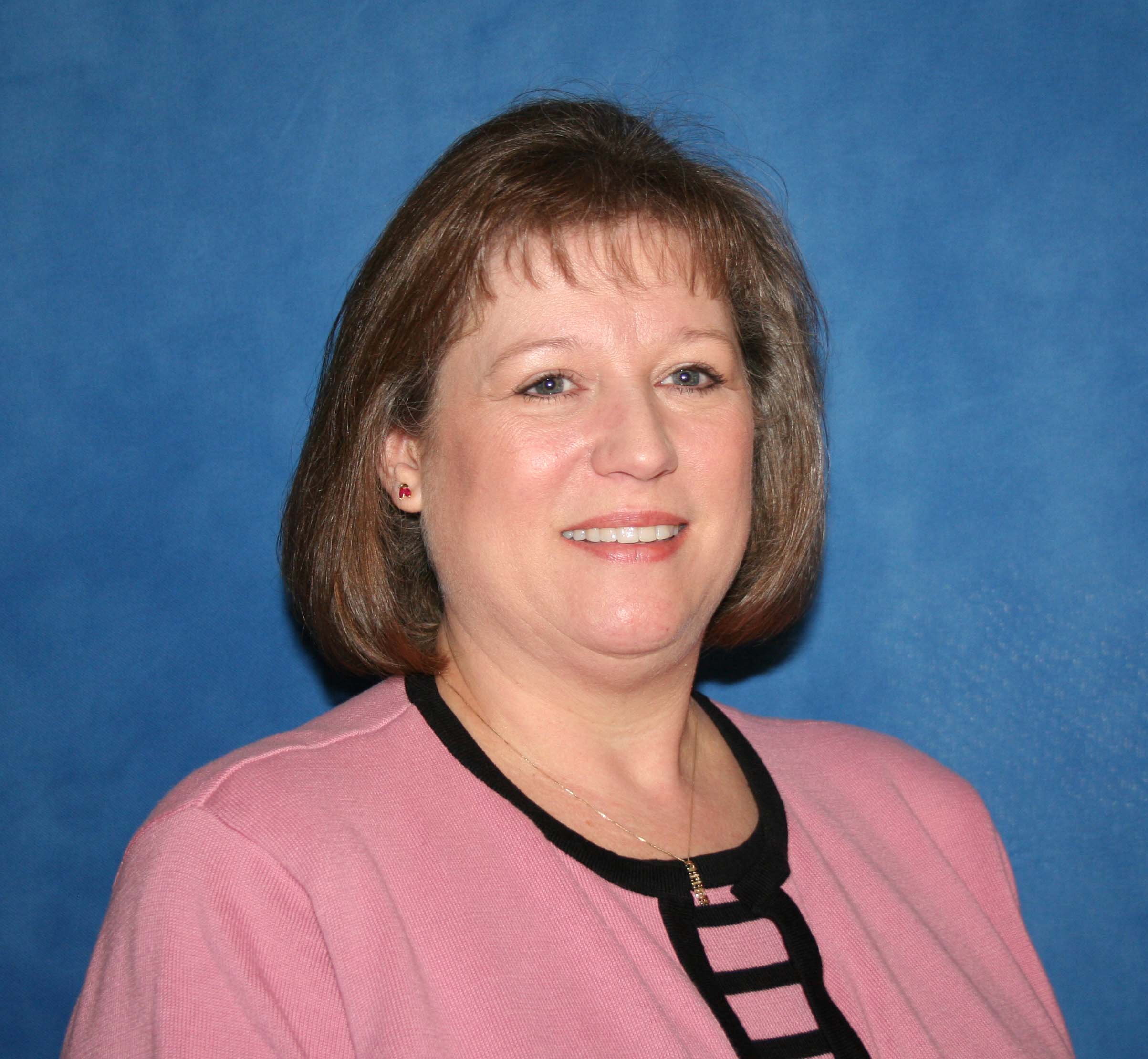Members Only | 05.21.25
Credentialing for a Full-Time Provider vs. a Locum Tenens Provider
By Teddy Durgin
Credentialing can be different for a full-time provider compared to a locum tenens provider, who fills in for another clinician while they are unavailable. How different? We asked Bobbie Smith Morton, AAS, CPCS, CPMSM, medical staff services manager at Vandalia Health/Charleston Area Medical Center (CAMC) in West Virginia.

Bobbie Smith Morton
“As a ‘credentialer,’ you learn to scrutinize each applicant and use critical thinking skills to review the data and information submitted with the application,” she says. “In my experience, locums have extensive backgrounds that require extra scrutinization.”
Morton continued, “The initial credentialing process outlined at CAMC for locum tenens is pretty much identical to applicants, except the process allows for temp privileges to be granted to the locum following a review by the medical staff department chief, the chair of the credentials committee, the chief of staff, and signed off by the chief medical officer instead of a full review by [the medical executive committee].”
Bertha Cardenas, CPMSM, manager of medical staff affairs at the University of New Mexico Hospitals, has a different take. She says that at her facility, “There is no difference between credentialing a full-time provider versus a locum tenens provider. All applicants must submit a complete application. Upon receipt of a completed application, education, relevant training, current clinical competency, current and past licensure, current and past clinical practice for the past five years are verified through primary source. Professional peer references, malpractice claims history, and clinical activity is also obtained."
The board takes final action in the matter. If the applicant is granted membership and/or privileges, that appointment should not exceed 24 months.
Morton, a dual-certified MSP, has been in the profession since October 1990. Her nearly 35-year career has included medical staff leadership positions as well as credentialing, and she is a longtime volunteer with the West Virginia Association of Medical Staff Services.
As such, she offers up her thoughts on what a locums company can do to aid in the credentialing process to support the medical staff office. “A locum agency delegate can be given permission to assist the provider in entering demographic data into the application, uploading documents needed, and preparing the documents for review and approval by the provider,” she states. “The provider is responsible for confirming the data is entered correctly and completely before selecting the requested clinical privileges, completing the necessary signatures, and submitting the application.”
Cardenas, who has 20-plus years of experience in medical staff services, adds, “A locums company can become acquainted with the hospital’s eligibility criteria to apply for membership and/or clinical privileges. Direct the applicant to read privilege-specific criteria so that they know what the qualifications are and understand what documentation they are required to provide to support their request for such clinical privileges.”
Both Cardenas and Morton’s insights are informed by a host of past mentors and learning experiences that they have been able to call on throughout their distinguished careers. The former recalls, “The CEO of the first hospital I worked as a medical staff coordinator advised me to ‘never assume anything.’ That advice has proven true and has stuck with me throughout my career.”
For her part, Morton says, “The MSP role is very important, and we must be diligent to seek the truth, document findings and facts, and communicate appropriately as we are the first point of patient safety for our community and patients. I’ve learned that integrity is crucial. Document, document, document! If it is not documented, it did not happen.”
Of course, the credentialing process is ever evolving. And it will certainly continue to change in the years to come. To this end, Cardenas says, “The credentialing process will change and evolve through advanced technological innovations which will improve data management and automate verification process and the ability to obtain real-time information and updates. Artificial intelligence will play a significant role in the evolution of credentialing, making the processes more accurate and efficient.”
Morton concurs, adding, “Many facilities are attempting to be more efficient with credentialing, privileging, and provider enrollment. [There will be more] electronic records, with a repository for professional education and post-graduate training. For facility credentialing, I anticipate many of these functions will be done by MSPs and not necessarily in the medical staff office. However, there will still need to be support and guidance in the medical staff office to address complaints, answer questions, and handle medical staff leadership activities.”
Morton concludes, “The struggle will be in finding experienced staff and training staff internally. Integrity, professionalism, leadership, and dependability will always be very important!”